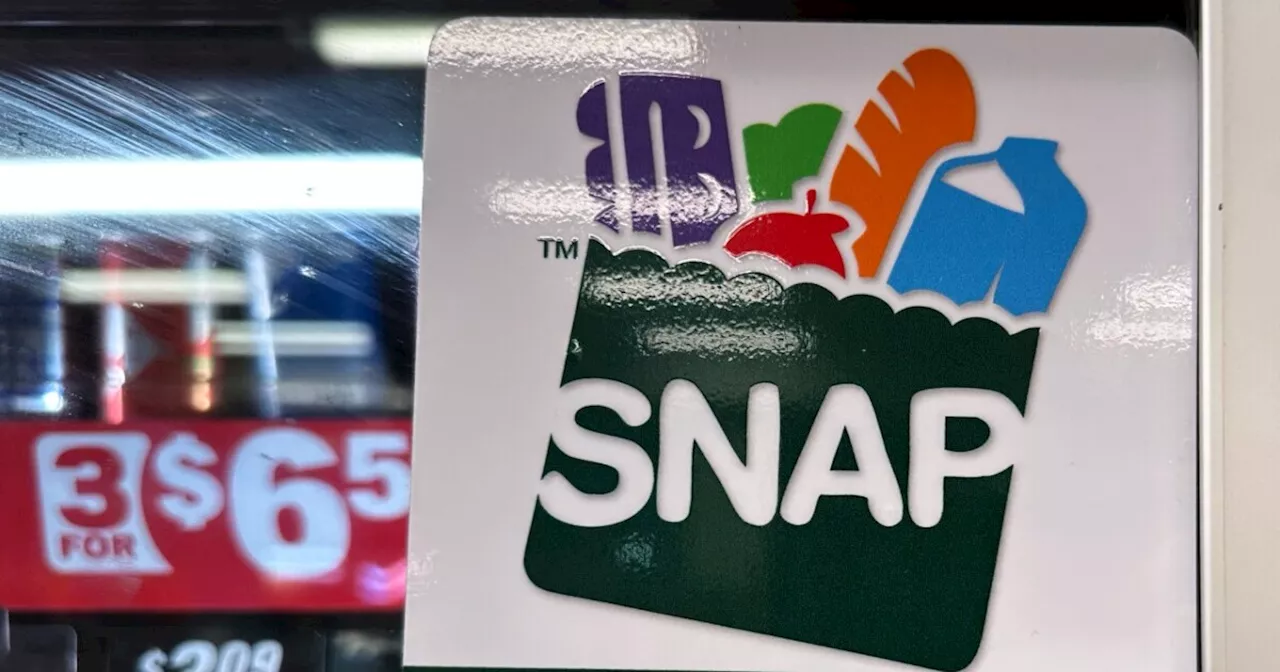The Trump administration has directed U.S. states to retract measures that would have allowed full Supplemental Nutrition Assistance Program (SNAP) benefits for low-income Americans in November 2023. This decision, attributed to the assertion that such measures were unauthorized, threatens to cut federal funding for states that do not comply. According to a memo from the U.S. Department of Agriculture (USDA), states are required to stop sending complete benefit files to Electronic Benefit Transfer (EBT) processors and instead continue issuing partial benefits, reflecting a 35 percent reduction in maximum allotments.
The context for this directive is complicated by ongoing legal disputes and a federal government shutdown that has now persisted for over 40 days. Initially, the administration claimed it could not fully finance SNAP benefits for November due to the shutdown. However, several states began the process of issuing full benefits after a federal judge in Rhode Island mandated that the necessary funding be provided. This judicial intervention highlighted the adverse effects the shutdown was having on vital food assistance for millions.
Legal Developments and Government Actions
Adding to the complexity, Supreme Court Justice Ketanji Brown Jackson recently removed a deadline imposed by the Rhode Island judge that required the USDA to utilize a separate account for SNAP funding. The Supreme Court’s decision means that while an appeal is under consideration in the First Circuit Court of Appeals, full payouts for November will be held in abeyance. This move underscores the impact of legal challenges on the administration’s ability to manage social programs effectively during a fiscal crisis.
With over 40 million Americans relying on SNAP each month for essential food support, the implications of this funding impasse are severe. The uncertainty surrounding SNAP benefits not only affects beneficiaries but also service providers who struggle to navigate the shifting landscape created by these governmental actions. The situation exemplifies the critical role SNAP plays in ensuring food security for vulnerable populations.
Implications for Social Welfare
The ongoing policy changes and legal disputes reflect a significant divergence between the Trump administration and judicial systems regarding the management of social programs. The administration’s efforts to countermand court orders raise concerns about its commitment to upholding standards in social welfare assistance, particularly during times of economic difficulty. Critics argue that the administration’s insistence on fiscal responsibility may come at the cost of food security for millions.
The legal battles between federal agencies and the judiciary not only complicate the administration’s ability to provide immediate support but also highlight broader questions about the future of social programs amid budgetary constraints. The tension between financial management and the provision of essential services is palpable, particularly as the potential for funding disruptions looms.
This case serves as a poignant example of how government shutdowns can impact critical assistance programs and the political tensions that arise when addressing social welfare. The interplay among the legislative, executive, and judicial branches underscores the essential role each plays in maintaining support for those reliant on government aid.
As the situation continues to develop, the lack of a clear resolution regarding SNAP funding illustrates the fragile interdependence between the federal government and millions of Americans who depend on these programs for their basic needs.





































































